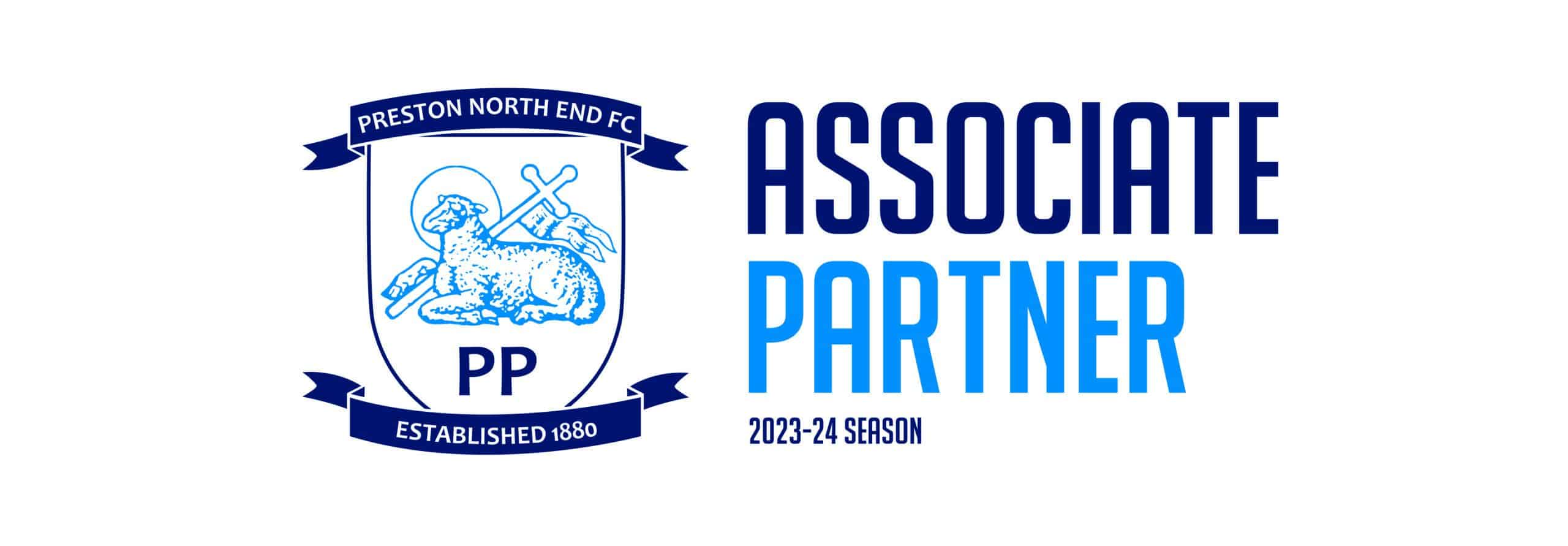Buy to Let Mortgages for the Self-Employed
- Expert Mortgage Advice
- Thousand of Mortgage Product
- Speak To Us To See If We Can Help
Get in touch today for a free, no-obligation chat about how we might be able to help you.
Home » Mortgages » Buy to Let » Buy to Let Mortgages for the Self-Employed
Buy to Let Mortgages for the Self-Employed
You might wonder whether being self-employed makes it more difficult to find a Buy to Let mortgage – but that’s not always the case. Having a good broker on your side will give you the best chances.
What is a self-employed Buy to Let mortgage?
A Buy to Let mortgage is a property loan that allows you to buy a property that you will let out to a tenant. The rent will cover your mortgage payments.
If you’re self-employed, you won’t need a special kind of Buy to Let mortgage – you’ll apply for the same products as anyone else.
Can I get a Buy to Let mortgage if I’m self-employed?
With Buy to Let mortgages, lenders are much less concerned about your employment and income than they are for residential mortgages. There’s rarely an issue with an applicant being self-employed.
They are more focused on the property you plan to buy and how much rent it will generate on a monthly basis. Specifically, they will want your rental yield to be around 125% of the monthly mortgage payment. That way you can cover any periods where there’s no tenant, pay for repairs or manage an increase in interest rates.
How much deposit will I need?
Most lenders require a 25% deposit for a Buy to Let mortgage, although some will accept a 20% downpayment.
You will also need to show proof of deposit at the point of application, so make sure you have relevant records available.
How much can I borrow if I’m self-employed?
The loan amount is not linked to your earnings or employment. It’s calculated by the lender based on the rental income the property is likely to generate.
The main assessment is the rental income. A bank will ignore the interest rate you pay now, choose a higher one and apply an ‘interest cover ratio’ (ICR). An ICR stress tests the ongoing affordability of the loan (for instance, if there are void periods without tenants), typically meaning that the rental income should cover between 125% and 145% of the mortgage. This calculation is what’s used to confirm how much you can borrow.
Can I convert my mortgage to Buy to Let?
If you already own a property with a residential mortgage on it, you don’t necessarily have to apply for a Buy to Let mortgage if you decide to rent it out.
Instead, you can contact your lender and see if they will give you Consent to Let. This is a fairly commonplace request, and many mortgage providers will give you permission to let the property for a set amount of time: usually until your current deal ends.
If, for example, you’re two years into a five year fixed rate deal with your lender, you might be granted Consent to Let for the remaining three years. At that point, if you still want to let the property out, you would probably need to remortgage to a Buy to Let product.
Do you need to prove your income for a buy-to-let mortgage?
Some mortgage lenders require you to meet a minimum income limit. If you’re self-employed via a limited company, a bank will look at your salary, dividends and net profit as stated in your accounts to calculate your income. If you’re a sole trader, they will usually ask to see your self-assessment calculations.
What are the tax benefits and implications?
Whether you’re self-employed or not, the first step when considering Buy to Let is to talk to an accountant or a property tax advisor. In many cases it can make financial sense to set up a limited company to buy property to let to tenants – especially if you’re a higher rate taxpayer.
There are some other benefits to a limited company, especially if you’re planning for the property to be your pension in future, or you want to pass it on to your children. It’s easier to transfer shares in the company rather than the property itself, because there are no stamp duty implications.
How can Mortgages by McAteer help?
We’re highly experienced in the Buy to Let market and will help you at every step to achieve your property investment plans. Come and talk to us at an early stage in the process so that we can explain all the options and explore mortgages that will suit your situation.
We’ll talk to you about whether you should seek an interest only mortgage rather than a capital repayment product. This is a common approach for Buy to Let as it allows you to maximise your income – but it doesn’t suit everyone’s future goals.
We work with many Buy to Let mortgage providers that only sell through brokers, so do talk to us about how we can help find the right deal for you.
HM Revenue and Customs practice and the law relating to taxation are complex and subject to individual circumstances and changes which cannot be foreseen
Some buy to let mortgages are not regulated by the Financial Conduct Authority
Approved by the Openwork Partnership on 12.01.24
Your home may be repossessed if you do not keep up with your mortgage repayments.
Useful Links
- Limited Company Director Mortgages
- Self-Employed Mortgages with One Years Accounts
- Buy To Let Self Employed Mortgages
- Documents needed for Self-Employed Mortgage
- Joint Mortgage Applications when One is Self Employed
- What Income do Mortgage Companies Look at Self-Employed
- Are Self-Cert Mortgages Still Available?
- CIS Mortgages
